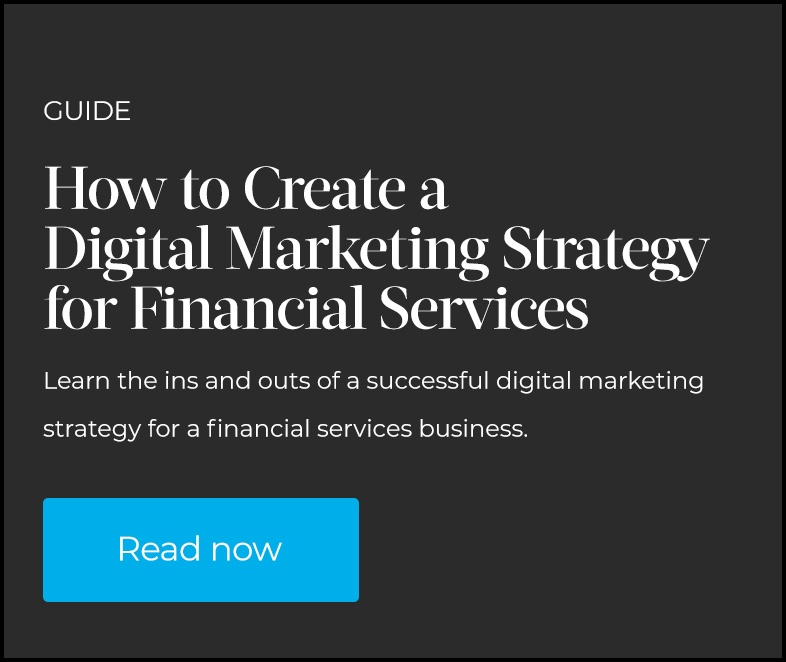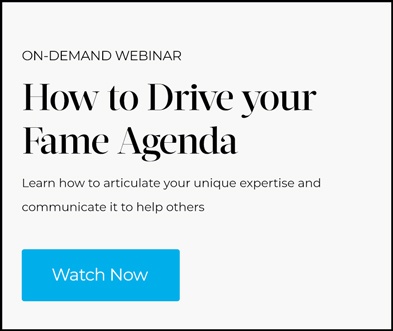Rather than making grand promises or futile wishes this International Women's Day how about we all just do one thing personally, to celebrate women's success and help ensure a greater gender equality in the future?
We are increasingly drawn to the idea, in this moment of such significant challenge for so many people, of personal action. Of taking responsibility for just one idea, a single act of kindness, or a change in our own behaviour.
There are, as the current floods remind us, so many “uncontrollables”.
The “controllables”, by contrast, are the ideas, actions or single initiatives in our own hands.
What is your “one thing” this IWD?
An idea, an initiative or perhaps a way to be more inclusive? Here are some we’ve heard of these last two weeks.
Idea: as a friend said at lunch yesterday in response to a similar question “I’d do something to make sure women didn’t feel the need to please others”.
Initiative: ASFA, as you may know, has just launched the idea of a super baby bonus.
Inclusive: rather than focusing on women you might have an idea about something to help men “lean in” (like universal paid parental leave as opposed to maternity leave) or working families raise their kids (say tax-deductible childcare).
Carden's one thing is to reconceive leadership. Her own ideas, but also the way others think.
She believes leadership should be an evolving standard, not an outdated or gendered one. She said is going to continue to examine her stereotypes of leadership and challenge others. Our fixed views of what 'good' looks like in a leader damage ourselves and our colleagues regardless of gender.
Finally, she is going to crowdsource from those who are not leaders, what they think leadership is. We believe once upon of time, in the old days, in real life, this used to be called listening.
#BreakingTheBias
This International Women's Day, BlueChip had the opportunity to speak to three inspiring leaders;
- Emma Hansford, General Manager of QIC,
- Graham Rich, Managing Partner & Dean at Portfolio Construction Forum and
- Carden Calder, Founder and Managing Director of BlueChip Communication.
We asked them, what's one thing you'd do to make significant difference to women's equality in the financial services industry? Nothing ground-breaking, or too politically incorrect. Just something they believe in and relevant to this year's International Women's Day theme #BreakTheBias. Read their response below to hear the one initiative or idea that they'd do to improve equality for women in the workforce.
Emma Hansford, General Manager at QIC
/Emma%20Hansford.png?width=287&name=Emma%20Hansford.png)
"To make women aware that they don't need to please others, and that they're running their own race. Empowering women to be happy and satisfied in what they're doing, how they're contributing and what they're achieving as individuals. But as Brene Brown would say, 'you've got to do your work', what I mean by that is you must understand your values, be able to articulate your strengths, know what integrity looks like for you and understand your own goals. That's 'your work'. If you can understand what is true to your values and bring that into every situation, I truly believe over time, people will treat you with a greater sense of equality in their interactions."
Graham Rich, Managing Partner & Dean at Portfolio Construction Forum
/Graham%20Rich.png?width=287&name=Graham%20Rich.png) "For every woman to find a trustworthy bloke who will commit to mentoring and championing that woman, to demonstrate how good she really is. In one sense that's totally counterintuitive, it is perhaps a counter to the entirely understood and understandable women's collectives. But the regrettable reality, in my view, is that in the transition, which we are in the midst of, the single biggest impediment is the men. I reckon there are many men, who if put on the spot and formally challenged by a woman who says, "I want you to mentor me and I want it to be known that you are my champion", there would be truckloads of men who'd say "Wow, I'll do that", but they would never think or be courageous enough to say to a woman "I want to mentor you"."
"For every woman to find a trustworthy bloke who will commit to mentoring and championing that woman, to demonstrate how good she really is. In one sense that's totally counterintuitive, it is perhaps a counter to the entirely understood and understandable women's collectives. But the regrettable reality, in my view, is that in the transition, which we are in the midst of, the single biggest impediment is the men. I reckon there are many men, who if put on the spot and formally challenged by a woman who says, "I want you to mentor me and I want it to be known that you are my champion", there would be truckloads of men who'd say "Wow, I'll do that", but they would never think or be courageous enough to say to a woman "I want to mentor you"."
Carden Calder, Founder and Managing Director of BlueChip Communication
/Carden.png?width=287&name=Carden.png)
"I would change what we think merit looks like in an employee and a leader. The reason I say that is because a lot of our norms around leadership are still based on a model that is mostly male leaders. So if I could change one thing, I would try to make sure that we think of leadership as being the best of a range of different types of folk. This is where diversity is a huge advantage if you think about what cultural diversity and different cultural norms can bring to workplaces, particularly in leadership. I think that if you look at the things that were traditionally regarded as male and female roles, we actually want leadership which represents both of those things. Overtly understanding and helping all of us become a little bit more aware about unconscious bias, and our gendered norms, or our factory settings, if you like, that might not be helpful to anybody, not just women.
Number one, recognising our unconscious bias, number two, being able to have a conversation about that and be more thoughtful about what we think makes for a good workplace and good leadership. And number three, actually crowdsourcing from the leaders of tomorrow, the younger people at work, what they think leadership is, and looking for areas where we have more diversity in leadership.
To me, leadership shouldn't be a static standard. I think AMP it's a fantastic example of how a form of leadership that was okay a few years ago isn't okay now. That's just one example, there are plenty of others. So, I think we need a dynamic standard, one that is more inclusive. If we do that, it will be a better workplace for men, women and a whole range of other folks who regardless of gender, might represent a minority."
This blog was originally published in our fortnightly email, Take a beat Tuesday. To get these direct to your inbox before they're published, subscribe here.











